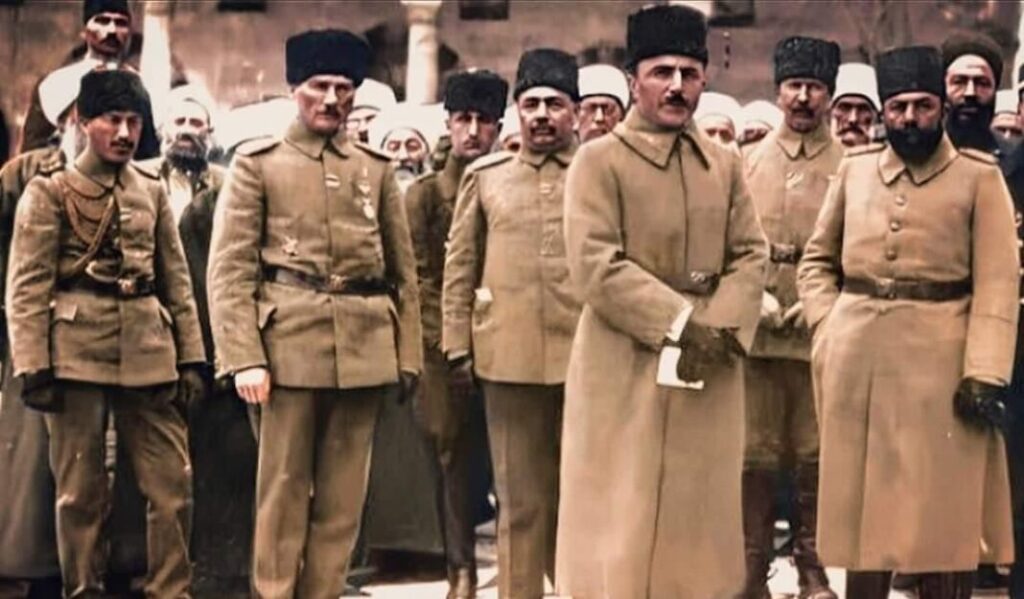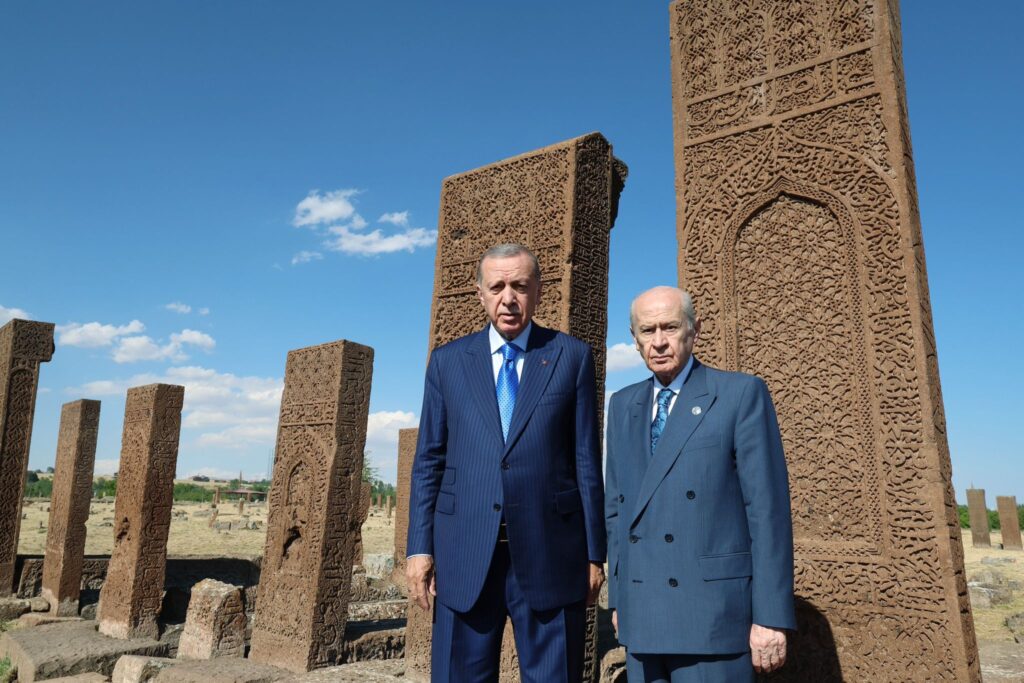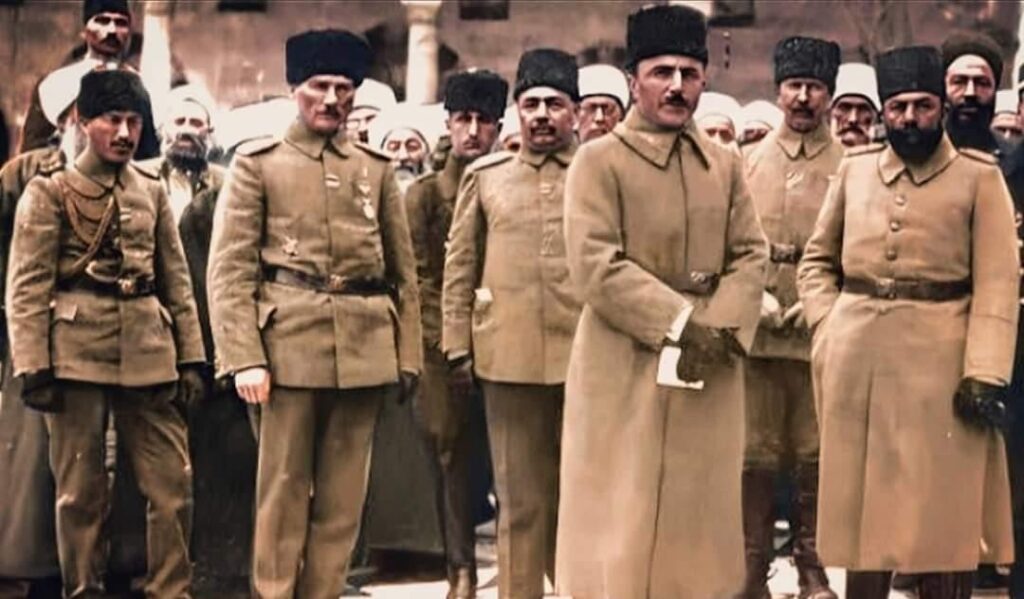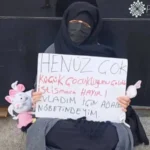Etyen Mahçupyan
Many are still puzzled over why the declining vote share of the Justice and Development Party (AK Party) in the June 7 elections increased in the Nov. 1 elections. The electorate's recognition of the AK Party's mistakes and condoning them within such a short period needs an explanation. As has already been argued, the AK Party taking the right steps in response to the opposition's mistakes and the concerns of stability are important factors that altered the electorate's behavior. But deep down there is probably another reason.
Some scientists examining human behavior under various conditions have found interesting data in recent years. When people are asked about their choices in the context of ordinary situations, they generally make choices in line with emancipatory norms that can seem rational to anyone. For instance, when people assume that they have a certain amount of money, the majority tends to declare that they would invest it in the most rational way possible. Or, when faced with an option of moving to another city, the majority again makes a decision based on rational arguments. The opportunity of interacting with different cultures again comes to the forefront as a basic choice. The rationality in effect in this example reflects effort to accommodate oneself with the system imposed by the modern capitalist system.
But when the same subjects are faced with the topic of death, the choices change suddenly. In this case, death is not a possible outcome of imagined situations. Contrarily, it is presented in a totally irrelevant context. For example, before asking subjects to make a decision regarding investment, they are made to read a different article about death and the question of investment is asked afterward. These studies found that a person who thinks of something related to death does not employ standard modernist rationality in worldly choices and decisions. This does not mean that people shift toward an irrational position. However, the criteria for the rationality they employ are transformed and come to reflect a more protectionist state of mind.
For scientists, the data above shows that people's reactions become hardened and withdrawn with the awareness and immanent fear of death. For example, people behave more conservatively in terms of identity in such cases. When people normally do not find having foreign neighbors odd, they come to want to have neighbors with similar identities when they have thoughts of death in the back of their minds. The situations we regard as critical for life lead us to a position that we can call vital rationality, and the question of how one can guarantee one's life replaces the question how they would like to live.
It is possible to use the framework of these findings to understand the Westerns who are afraid of immigrants and Muslims in general. They perceive foreigners as possible and future threats and cannot peacefully maintain their daily lives in an atmosphere that includes foreigners.
It would be useful to accept that the same findings are also useful to understand the AK Party's election success on Nov. 1. Before the June 7 elections, AK Party voters were already aware that anti-AK Party groups were exerting efforts to surpass the AK Party and gain power for themselves, but they were still sure that the ruling party would not decline. In such an atmosphere, they punished the AK Party with a rational choice in an unconstrained state of mind. But after June elections, they saw that the consequences were high and AK Party rule might be undermined, and remembered that this might mean a calamitous regression. Upon that, vital rationality replaced the ordinary rationality and they voted for the AK Party again. This change of behavior also represents returning to one's own identity, but this time the identity was no longer Islam.
This is the key point to understand Turkey. Even if the AK Party has an Islamic identity, it now represents a new, modern conservative identity of the postmodern world, and the AK Party government is particularly vital in this new context.
Yazıyı beğendiysen, patronumuz olur musun?
Evet, çok ciddi bir teklif bu. Patronumuz yok. Sahibimiz kar amacı gütmeyen bir dernek. Bizi okuyorsan, memnunsan ve devam etmesini istiyorsan, artık boş olan patron koltuğuna geçmen lazım.
Serbestiyet; Türkiye'nin gri alanı. Siyah ve beyazlar içinde bu gri alanı korumalıyız. Herkese bir gün gri alanlar lazım olur.



















